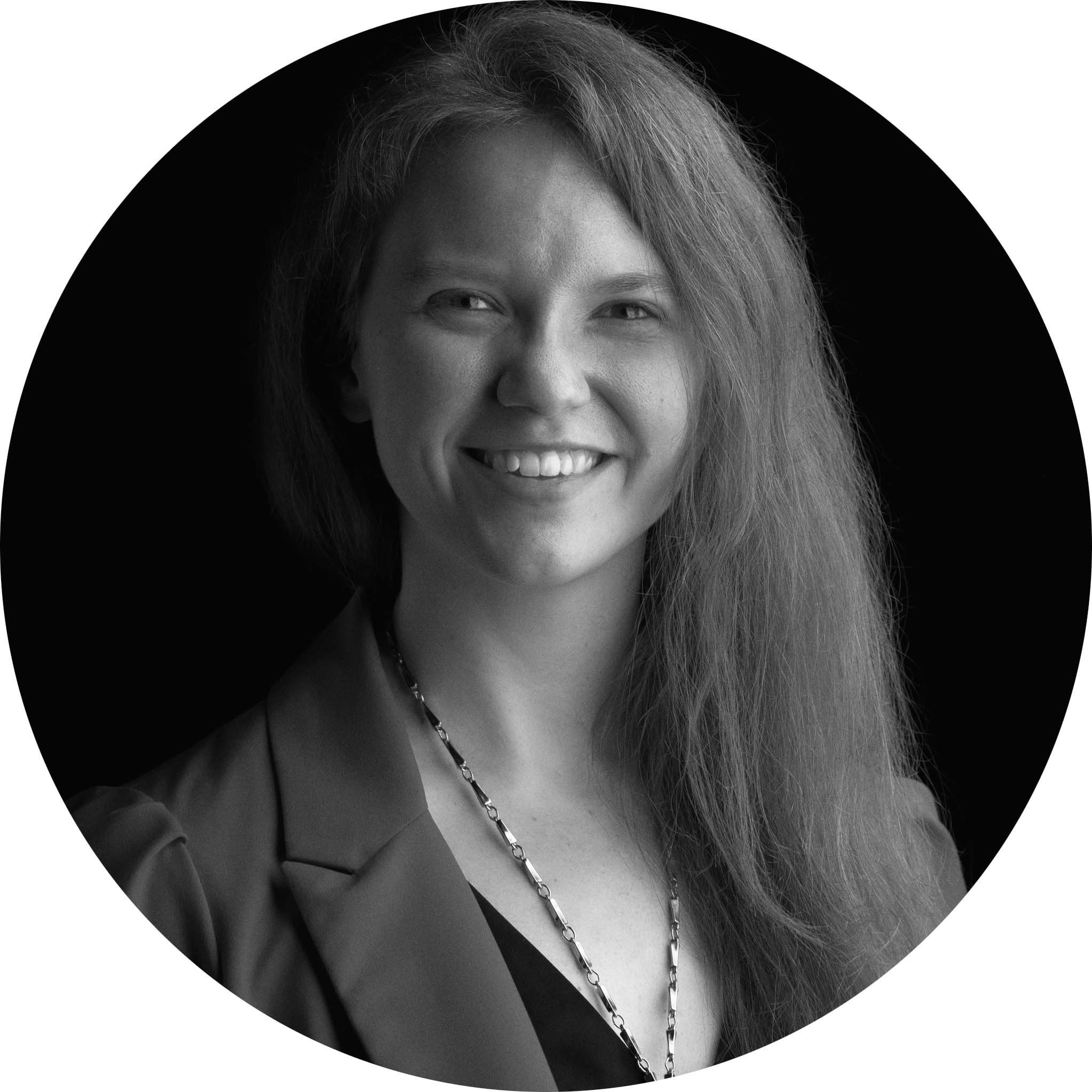

My time at Guelph-Humber was actually very beneficial in terms of preparing me for grad school.
When University of Guelph-Humber Psychology alumna Rachel Hammerton landed a job as a Learning Support Peer during her time at UofGH, her motivation was to help other students find their feet academically.
She couldn’t have known then that she was actually planting the seeds for her own career. Hammerton had long been interested in Psychology – and, more specifically, finding out “why people do what they do” – but it was in her three years as an LSP that she discovered her love of counselling psychology.
Now a Registered Psychotherapist and an associate at B R Cook Psychological Professional Corporation, Hammerton has made a thriving career out of her gift for connecting with people on a one-on-one basis.
“In my role as a Learning Support Peer, I met with a lot of students one-on-one. I really found enjoyment in that, and my career grew from there,” recalled Hammerton, who graduated in 2017. “I met with so many students one-on-one and I found so many benefits to those one-on-one discussions. As an executive leader of the LSPs, I was able to meet students for coffee, chat, and get to know them.
“I just really loved getting to know people’s stories and getting an inside look at their lives to figure out what’s going on and provide support as needed. It was just so nice to really meet people where they’re at and help wherever I could at that time.”
A rewarding career
Growing up going to school in Woodstock, Ont., Hammerton was accustomed to small class sizes and a close-knit student population where most faces were familiar, so she was grateful to find a similar atmosphere at the University of Guelph-Humber.
After graduating, Hammerton completed a Master’s degree in Counselling Psychology from the University of Ottawa. As she pursued the post-graduate degree, she found herself leaning both on her undergraduate teachings as well as the support system she formed at UofGH.
“My time at Guelph-Humber was actually very beneficial in terms of preparing me for grad school,” she said. “I had really great relationships with my professors, and they provided great references to get me into grad school. I could also continue to ask questions even after the course ended – when I was applying to grad school, I went back and asked if they had tips for me on the process.
“It was really great to have a continued relationship.”
Hammerton was hired to a full-time job before she had even completed her thesis. Working in a private practice capacity now, she treats a diverse variety of clients, including people who are dealing with depression and anxiety, victims of workplace or car accidents, and clients who are suffering from various other forms of trauma.
“My approach is very humanistic,” said Hammerton, who is also Director of Recruitment for the Ottawa-based Spark Lifecare, a role that tasks her with matching clients to caregivers.
“I really try to meet people where they’re at. I spend a lot of time trying to understand their circumstances and build that relationship with them so not only are they comfortable sharing things with me, but if I’m missing the mark a little bit, clients will also feel comfortable saying that.”
It is a rewarding job for Hammerton. Each client is different, and she relishes the challenge of finding a unique way to connect with each person she counsels.
“I can be very creative, and I get a lot of variety in my work. It’s not always the same thing over and over. I love learning the nuance of each client and their different perspectives. It’s a great opportunity.”
And as Hammerton helps clients to manage and overcome the issues they’re facing, she’s reminded of a lesson imparted early in her time at the University of Guelph-Humber.
“I actually remember a professor at UofGH telling me that we know we’ve done our job when people don’t need us anymore,” she recalls. “That’s what I tell my clients too. As bad as it sounds, I don’t want to see them forever. I want them to succeed and get better and feel like they don’t need that mental health support anymore.
“It’s really satisfying on a personal level and very gratifying. I feel honoured to be a part of these people’s stories and how they’re able to go from the worst or most traumatic parts of their lives and pick themselves up from that. That’s an incredible part of the job.”

